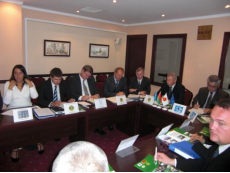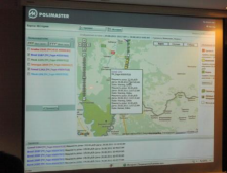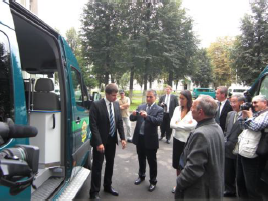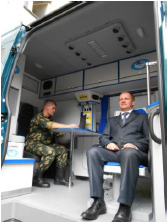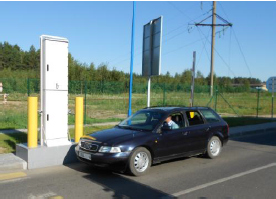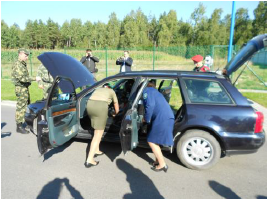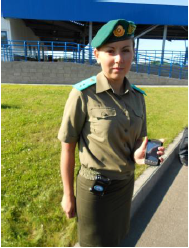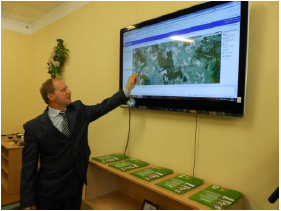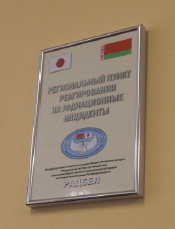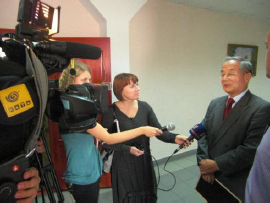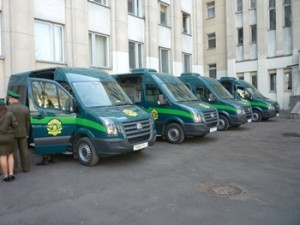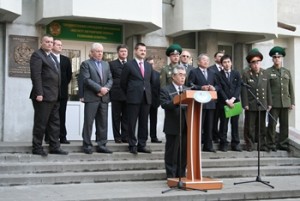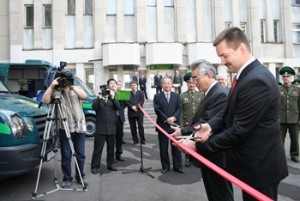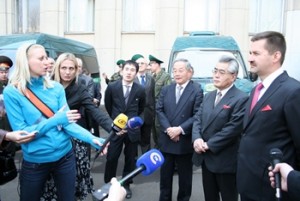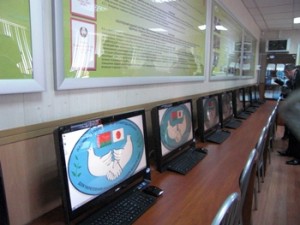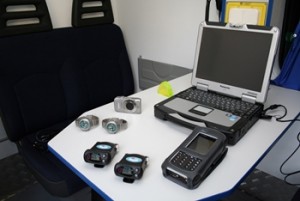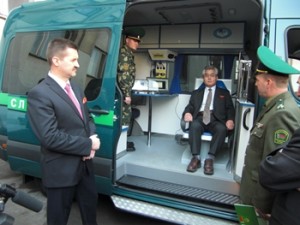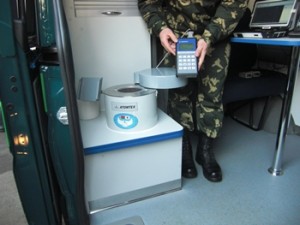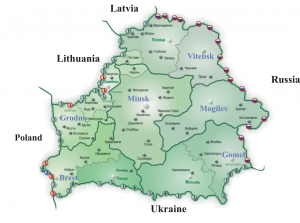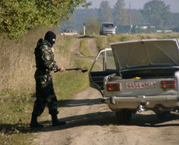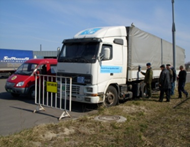March 3, 2015
Due to the termination of the Agreement between the Government of Japan and the Government of the Republic of Belarus concerning Cooperation in the field of Non-Proliferation of Nuclear Weapons and the Establishment of a Committee on this Cooperation done on 5 November 1993, the Technical Secretariat of Japan-Belarus Committee on Cooperation for the Non-Proliferation of Nuclear Weapons has winded up its activities and dissolved.
Taking this opportunity, we would like to extend our sincere appreciation to our partners for their continued cooperation and support during the mandate of the Japan-Belarus Committee.
At the same time, please be advised that the Technical Secretariats of other Committees (Japan-Russia, Japan-Ukraine and Japan-Kazakhstan) will continue its work based on the bilateral agreement with each country.
